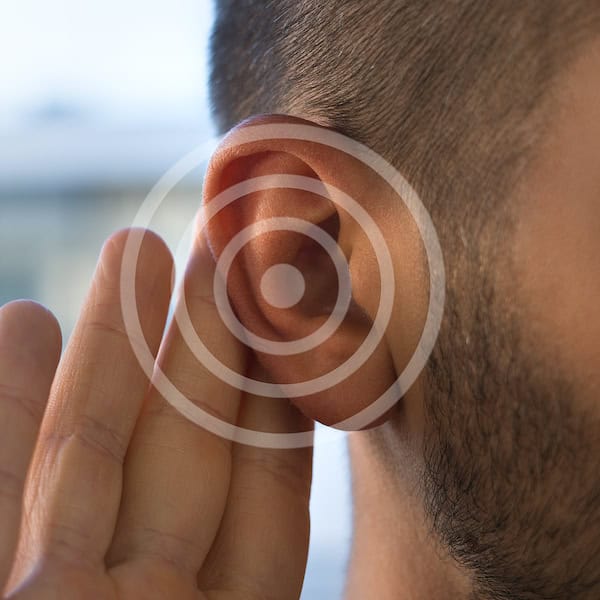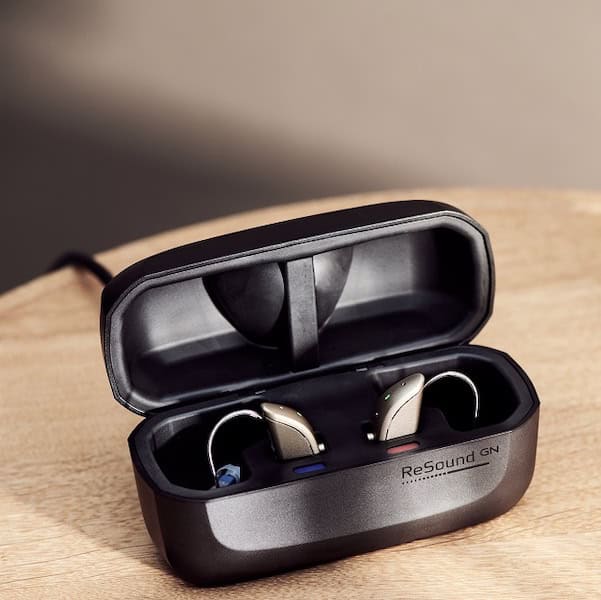Hearing Loss Overview

Age-Related Hearing Loss

Noise-Induced Hearing Loss (NIHL)

Categories of Hearing Loss
When to Treat Hearing Loss With Hearing Aids
Nobody wants to start wearing hearing aids unnecessarily! There is a significant amount of deviation from “normal” hearing that does not require us to start wearing hearing aids. However, once hearing aids are recommended by a hearing care professional, it is crucial to start wearing them to prevent the cascade of negative outcomes that are associated with untreated hearing loss.
We should start wearing hearing aids when we have mild hearing loss. Mild hearing loss is defined as 20–25 dBHL (decibels hearing level) of loss. Once we have mild hearing loss, the problems associated with hearing loss will start to be apparent to us, even if we don’t feel like our hearing loss is causing us major problems yet.

Mild hearing loss causes significantly increased listening fatigue, especially in more complicated sound environments. What’s a complicated sound environment? Think about a family gathering, where there may be 6–15 people present. When more than one conversation happens at a time, mild hearing loss will make it difficult to focus on the speech you want to hear. Similarly, even a one-on-one conversation in a busy restaurant will be difficult for someone with mild hearing loss.
Those with untreated mild hearing loss also tend to report having more memory issues, and they are even more likely to sustain accidental injuries than those with normal hearing or hearing aids.
What About More-Than-Mild Hearing Loss?

As hearing loss progresses, the problems associated with it become more concerning. Over time, untreated hearing loss tends to result in depression, loneliness, social isolation, brain atrophy, and even earlier onset of cognitive decline and dementia. The World Health Organization has named untreated hearing loss as the #1 modifiable risk factor—out of 12—in the likelihood of developing Alzheimer’s disease.
The good news is that none of this needs to happen. A good set of hearing aids will allow you to continue to live a healthy, happy lifestyle for decades after hearing loss becomes an issue. Some hearing aids today can even improve speech comprehension in difficult listening situations to better than that of a normal-hearing 20-year-old.
